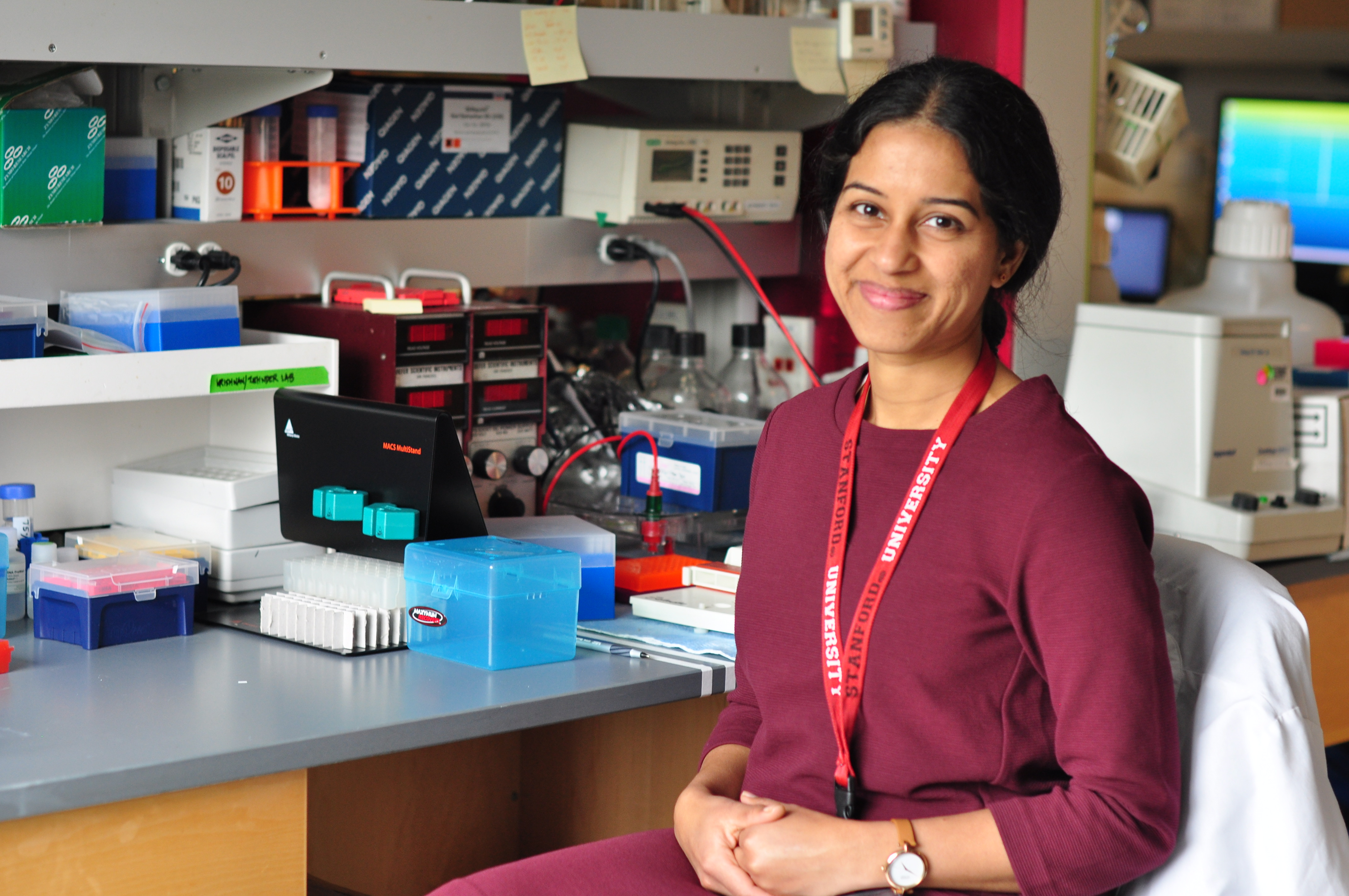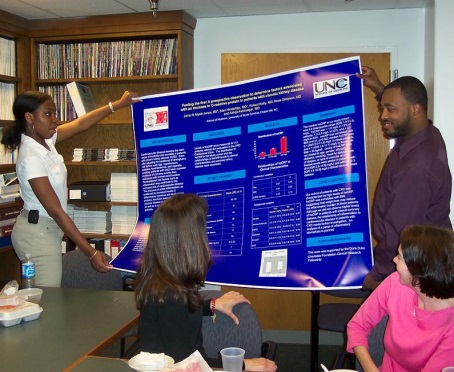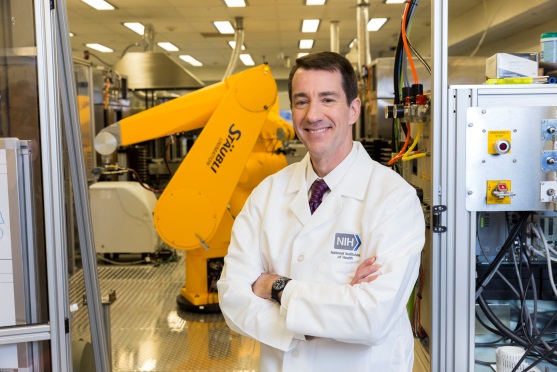
 Several thousand diseases affect humans of which only about 500 have any treatment. A novel intervention can take about 14 years and more than $1 billion to develop, with a failure rate exceeding 95 percent. To address these challenges, the National Center for Advancing Translational Sciences (NCATS) develops, demonstrates and disseminates innovations that reduce, remove or bypass system-wide bottlenecks in the translational research process. Rather than targeting a particular disease, NCATS focuses on what is common across diseases and the translational process with the ultimate goal of getting more treatments to more patients more quickly.
Several thousand diseases affect humans of which only about 500 have any treatment. A novel intervention can take about 14 years and more than $1 billion to develop, with a failure rate exceeding 95 percent. To address these challenges, the National Center for Advancing Translational Sciences (NCATS) develops, demonstrates and disseminates innovations that reduce, remove or bypass system-wide bottlenecks in the translational research process. Rather than targeting a particular disease, NCATS focuses on what is common across diseases and the translational process with the ultimate goal of getting more treatments to more patients more quickly.
NCATS broadly defines translation as the process of turning observations in the laboratory, clinic and community into interventions that improve the health of individuals and the public—from diagnostics and therapeutics to medical procedures and behavioral changes. The Center defines translational science as the field of investigation focused on understanding the scientific and operational principles underlying each step of the translational process.
NCATS studies translation on a system-wide level as a scientific and operational problem.
 The translational science spectrum represents each stage of research along the path, from the biological basis of health and disease to interventions that improve the health of individuals and the public. Aligning with the NIH Strategic Plan, NCATS supports and encourages diversity—including race, ethnicity, sex and gender, socioeconomic status, geographic location, and disability status—at each stage of the spectrum. For example, NCATS Clinical and Translational Science Awards (CTSA) Program, which is the largest extramural program at the NIH, requires that grantees promote the integration of underrepresented populations in their research as well as in their training and career development programs.
The translational science spectrum represents each stage of research along the path, from the biological basis of health and disease to interventions that improve the health of individuals and the public. Aligning with the NIH Strategic Plan, NCATS supports and encourages diversity—including race, ethnicity, sex and gender, socioeconomic status, geographic location, and disability status—at each stage of the spectrum. For example, NCATS Clinical and Translational Science Awards (CTSA) Program, which is the largest extramural program at the NIH, requires that grantees promote the integration of underrepresented populations in their research as well as in their training and career development programs.
In addition, the NCATS CTSA Program supports Diversity and Re-Entry Research Supplements to active and eligible UL1 grants through active NIH parent announcements (see links below). For more information please see: https://ncats.nih.gov/ctsa/funding/pa-2016-guidance
- Research Supplements to Promote Re-Entry into Biomedical and Behavioral Research Careers(Admin Supp Clinical Trial Not Allowed)
- Research Supplements to Promote Diversity in Health-Related Research (Admin Supp Clinical Trial Not Allowed)
- Administrative Supplements to Promote Diversity in Small Businesses – SBIR/STTR (Admin Supp Clinical Trial Not Allowed)






